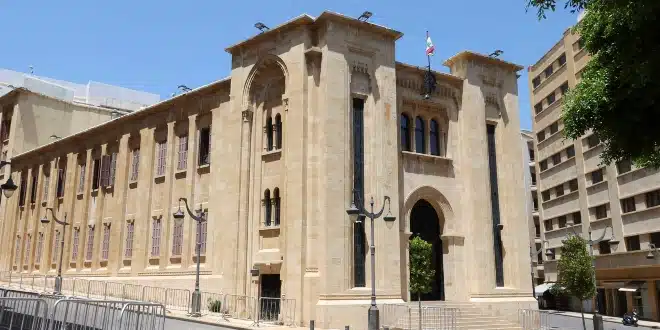Lebanon’s parliament approved critical changes on Thursday to its banking secrecy laws, marking a significant step toward securing international financial support. The reform, long sought by the International Monetary Fund (IMF), coincides with high-level meetings between Lebanese officials and global financial institutions in Washington.
According to a statement from Speaker Nabih Berri’s office, lawmakers voted in favor of amending both the banking secrecy legislation and associated monetary laws. These changes are central to Lebanon’s broader effort to implement fiscal reforms needed to unlock billions in aid, aimed at reviving an economy devastated by years of crisis.
Strengthening Oversight and Accountability
Lebanon’s financial system has been heavily criticized for its lack of transparency. Strict banking privacy protections, once seen as a strength, have over time become a liability—enabling illicit financial flows and shielding corrupt practices.
The revised law now empowers oversight and regulatory bodies to access banking information such as account holder names and deposit details without requiring a specific reason. This authority, according to the Legal Agenda rights group, significantly enhances the ability to investigate potentially suspicious activity.
Importantly, the legislation applies retroactively for up to a decade, covering the early years of Lebanon’s economic collapse. This timeframe includes the controversial period when some bankers allegedly facilitated large overseas transfers for influential figures as the financial system teetered.
A Bid to Rebuild Trust and Attract Support
Finance Minister Yassine Jaber, along with Economy Minister Amer Bisat and Central Bank Governor Karim Souaid, are currently in Washington for talks with the IMF and World Bank. Jaber noted earlier that passage of this amendment would strengthen Lebanon’s case during negotiations.
Though Lebanon and the IMF reached a preliminary $3-billion loan agreement back in April 2022, most of the required reforms have yet to be implemented. In February, the IMF signaled openness to a new deal following discussions with Jaber, provided the government delivers on promised changes.
The latest legislative move follows recent cabinet approval of draft laws for banking sector restructuring—another essential demand by international creditors.
As Lebanon seeks to emerge from one of the worst financial crises in its history, Thursday’s parliamentary action could mark a turning point in restoring fiscal credibility and reopening the door to much-needed international support.


